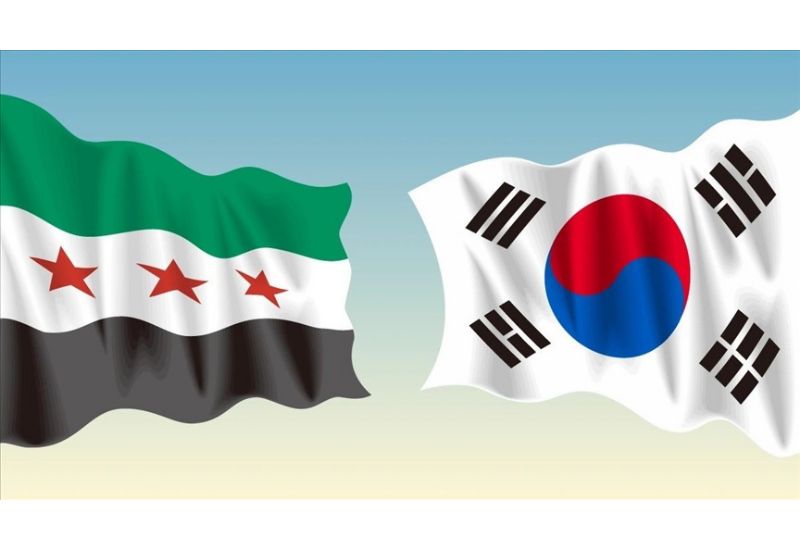By Alimat Aliyeva
The Foreign Ministers of Syria and the Republic of Korea, Asaad
Al-Shibani and Cho Tae-yul, signed an agreement to establish
diplomatic relations, Azernews reports.
During his visit to Damascus, Cho Tae-yul and the Syrian
minister agreed to open diplomatic missions, including embassies,
marking a significant step toward enhancing bilateral ties.
Asaad Al-Shibani emphasized that South Korea’s support is vital
for Syria and expressed hope for “friendly cooperation that would
contribute to international peace,” according to Yonhap news
agency.
The South Korean Ministry of Foreign Affairs, in turn, expressed
hope that the resumption of diplomatic relations would mark “a new
chapter in cooperation with Syria,” potentially opening up avenues
for greater diplomatic, economic, and cultural exchanges.
Yonhap also noted that South Korea now has established
diplomatic relations with all UN member states, with the notable
exception of North Korea (DPRK). The ministry recalled that past
efforts to establish relations with Syria were complicated by
Syria’s historical ties with North Korea, including military
cooperation.
This diplomatic breakthrough comes amidst shifting geopolitical
dynamics in the Middle East. While the exact nature of future
collaboration remains uncertain, South Korea’s engagement with
Syria could offer new avenues for economic partnerships,
particularly in the fields of infrastructure, technology, and
reconstruction efforts, as Syria works to rebuild after years of
conflict.
It is also worth noting that the recent announcement could have
broader implications for South Korea’s foreign policy, as it may
pave the way for similar diplomatic initiatives with other
countries in the region. While South Korea has traditionally
maintained cautious diplomatic relations in the Middle East, this
agreement with Syria signals a potential recalibration of its
approach toward the region.
In addition, Yonhap reported that at the end of November 2024,
armed opposition groups launched a large-scale offensive against
Syrian government positions. On December 8, they entered Damascus,
prompting President Bashar al-Assad to resign and leave the
country, marking a critical turning point in Syria’s ongoing
conflict.
